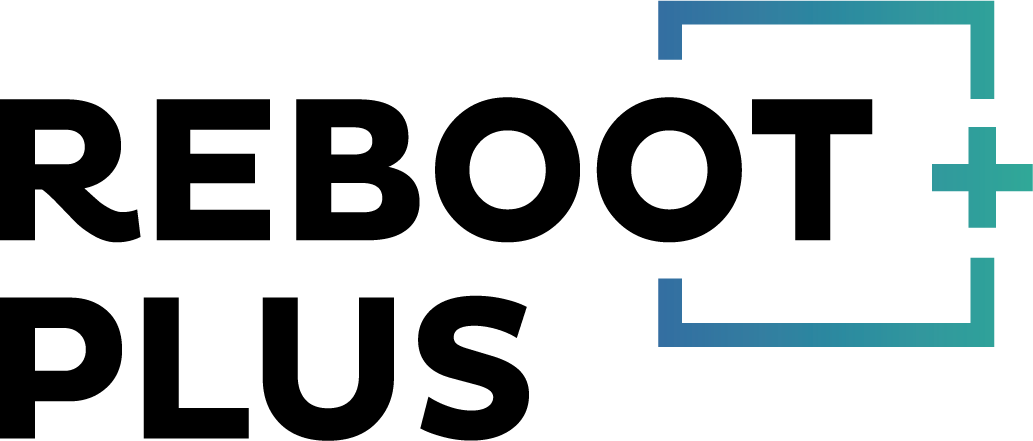ChatGPTd has achieved an astounding milestone of 100 million users within two months of its launch. This surge in popularity aligns with the broader trend of AI adoption in the Canadian workforce, marking a significant shift in the way people work.
Unprecedented Growth
ChatGPT’s rapid user acquisition mirrors the broader landscape of AI adoption, with almost a quarter of Canadians now utilizing generative AI, in their professional endeavours. This surge represents a notable increase from just six months ago. It signals a transformative shift in the way employees approach their tasks and responsibilities.
The Shifting Landscape of Work
As generative AI tools like ChatGPT gain prominence, they are reshaping the workforce. Consequently, it is influencing roles that require writing and programming skills. The widespread adoption of AI tools is not limited to specific roles but extends across various sectors. It demands a workforce equipped with critical thinking, emotional intelligence, communication, and problem-solving skills.
The Shifting Landscape of Education
 Educators express concerns about potential cheating with the rise of ChatGPT, yet researchers explore the tool’s potential to enhance education. Large Language Models like ChatGPT contribute to personalized and adaptable learning experiences. Utilizing augmented and virtual reality can enrich educational practices.
Educators express concerns about potential cheating with the rise of ChatGPT, yet researchers explore the tool’s potential to enhance education. Large Language Models like ChatGPT contribute to personalized and adaptable learning experiences. Utilizing augmented and virtual reality can enrich educational practices.
Writing Skills and Programming Skills
 The transformative impact of ChatGPT is evident in its support for writing and programming tasks. While excelling in simpler writing tasks, ChatGPT aids roles requiring programming skills. It offers valuable assistance in debugging, suggesting algorithms, and generating code. The tool’s influence extends to STEM and knowledge workers, disrupting traditional notions of low-risk roles.
The transformative impact of ChatGPT is evident in its support for writing and programming tasks. While excelling in simpler writing tasks, ChatGPT aids roles requiring programming skills. It offers valuable assistance in debugging, suggesting algorithms, and generating code. The tool’s influence extends to STEM and knowledge workers, disrupting traditional notions of low-risk roles.
Implications for Productivity
The KPMG Generative AI Adoption Index reveals a 28% growth since May, with more than 60% of users incorporating AI weekly and one in five using it daily. As AI tools like ChatGPT become integral to work processes, employees report substantial gains in productivity, saving one to five hours per week and enhancing the overall quality of their work.
Embracing the AI Revolution Responsibly
As generative AI tools become integral to the professional landscape, organizations must adapt responsibly. The KPMG report highlights the ease of user experience as a driving force behind AI’s growth, emphasizing the need for organizations to understand the impact on writing and programming skills and address security and regulatory concerns.
The Future of Work: Opportunities and Challenges
 Despite concerns about inaccuracies and security risks, the positive impact of AI on productivity is undeniable. KPMG identifies at least 600 AI use cases that organizations can leverage, reflecting the growing demand among workers for access to AI tools and training. However, reluctance to embrace AI, often influenced by generational differences, carries the risk of being left behind in a rapidly evolving digital landscape.
Despite concerns about inaccuracies and security risks, the positive impact of AI on productivity is undeniable. KPMG identifies at least 600 AI use cases that organizations can leverage, reflecting the growing demand among workers for access to AI tools and training. However, reluctance to embrace AI, often influenced by generational differences, carries the risk of being left behind in a rapidly evolving digital landscape.
As ChatGPT and generative AI tools redefine the way we work, organizations and individuals alike must navigate this transformative landscape with a balance of caution and enthusiasm. The potential for enhanced productivity and the emergence of entirely new job functions underscore the need for responsible adoption, ensuring a harmonious integration of AI into the ever-evolving digital era.
